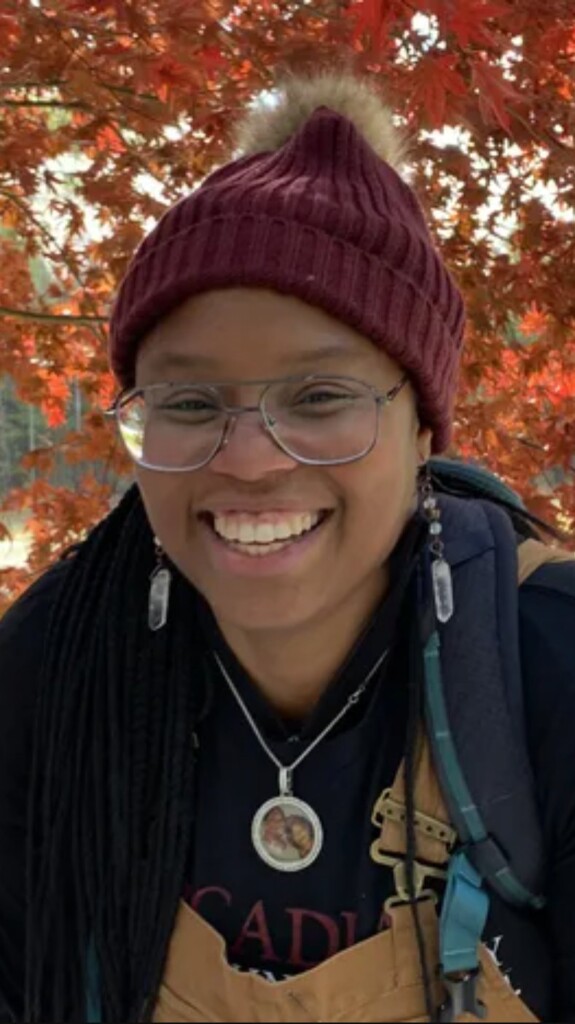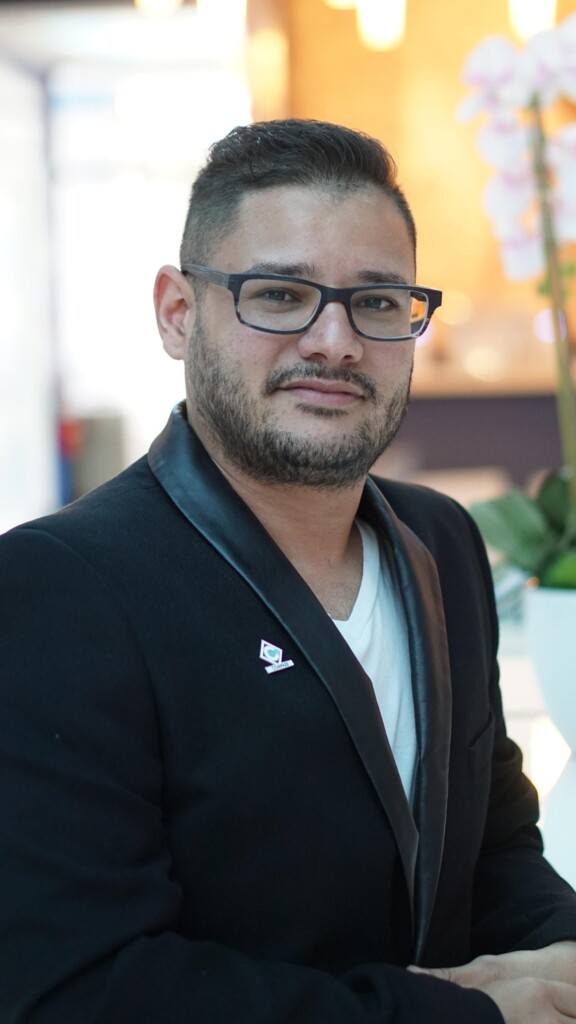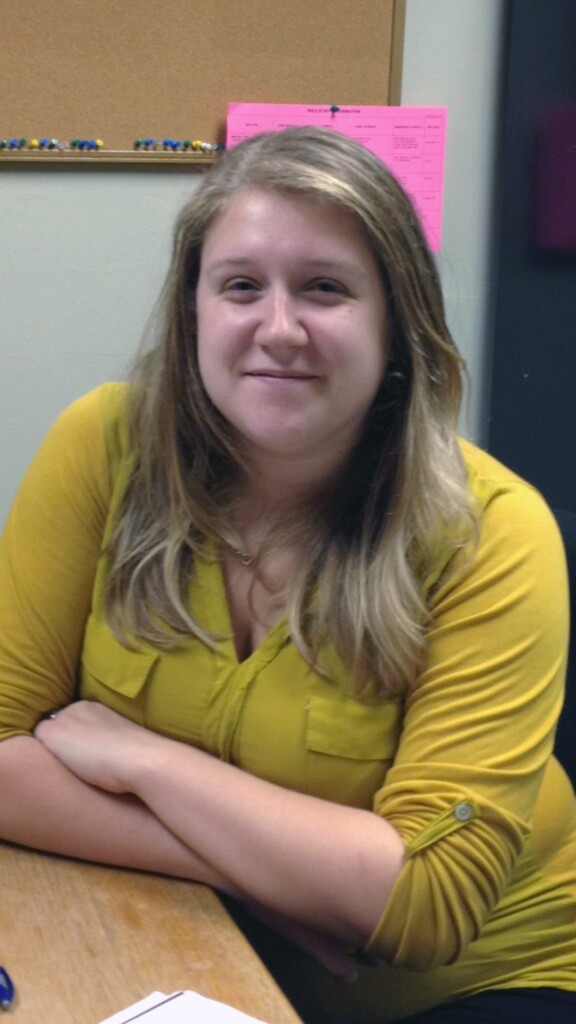Sociology Major Graduates and Career Successes
The sociology major provides students with critical analytical and communication skills that are valued by employers in fields that require an understanding of how social systems work. Our graduates have pursued successful careers in a variety of employment settings, including the nonprofit sector, educational institutions, business firms, and public agencies at the federal, state, and local levels. Graduates from our sociology program have succeeded at jobs ranging from social work and counseling to healthcare administration, human resources, and university administration. About 30% of our recent graduates ended up in managerial positions, with 15% working in social services, 12% in healthcare, 12% in research positions, and the remaining working in a variety of fields such as finance, government, and human resources.
The majority of our sociology alumni pursue graduate degrees within five years of graduating from Arcadia. Sociology majors are eligible to apply for early entry into Arcadia’s Master of Arts in Counseling program and begin graduate study during their senior year. Sociology is also one of the majors recommended for students who plan to pursue a career in physical therapy or occupational therapy, as the major provides a well-rounded background in liberal arts, while allowing students ample time to complete the prerequisite requirements for admission to graduate programs.

This Sociology grad—who earned her master’s in Population Health Sciences from Harvard after graduating from Arcadia—is helping Philadelphia residents heal as they garden. Gripper’s food and environmental collective, Land Based Jawns, hones community members’ agricultural skills while teaching them about food justice, nutrition, environmental health, how to spawn gardens on residential blocks in the city—and to turn to the land for mental health.

“We are putting into place things that have never existed before, that I never got a chance to have, or that I never even knew were possibilities,” says Gonzalez, operations director of the largest LGBTQ+ community center in the American Southeast. “It’s creating a sense of wellness within our youth who are most prone to homelessness, HIV/AIDS, and violence.”

“Study what makes you angry, and fix it. The most powerful motivator for me is the ability and strength to correct injustice,” says Genevitz, who serves as manager of organizational advancement at Regional Housing Legal Services, a nonprofit law firm focused on affordable, sustainable housing.




